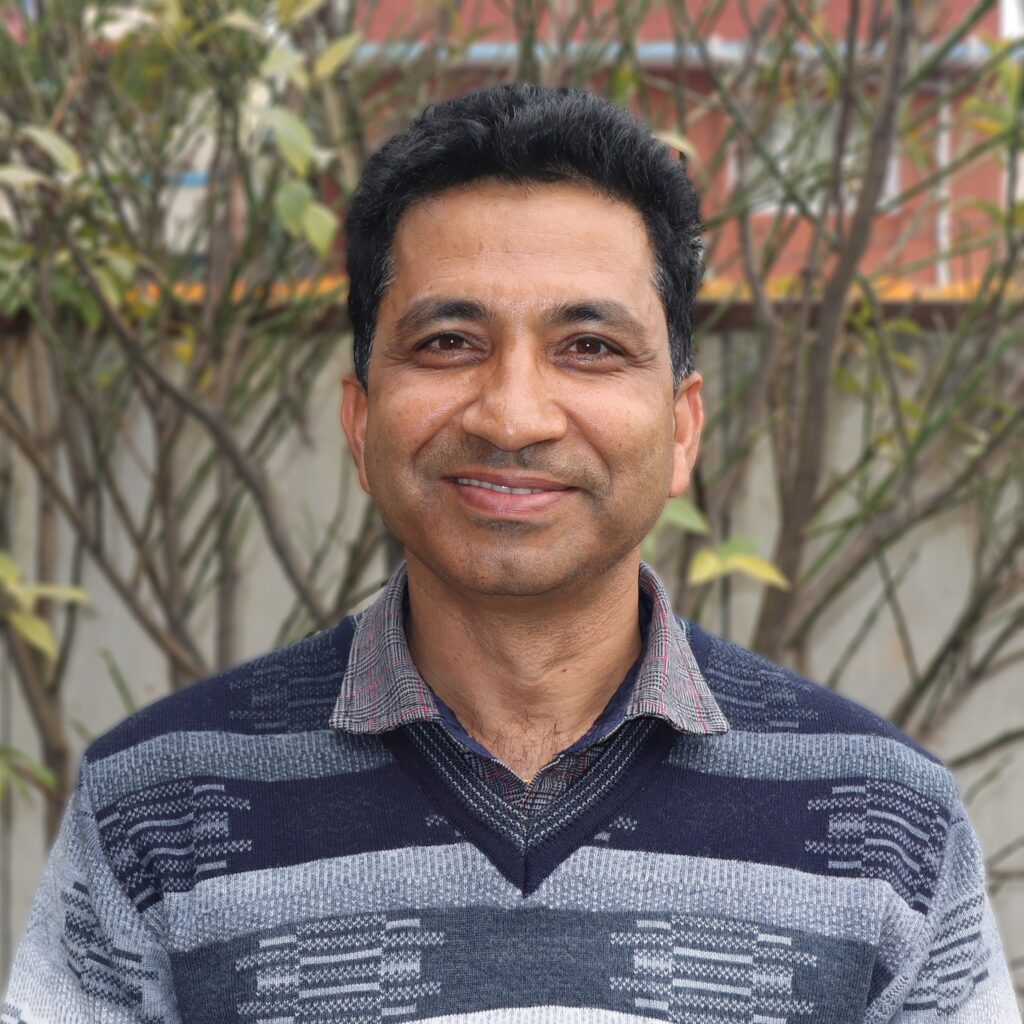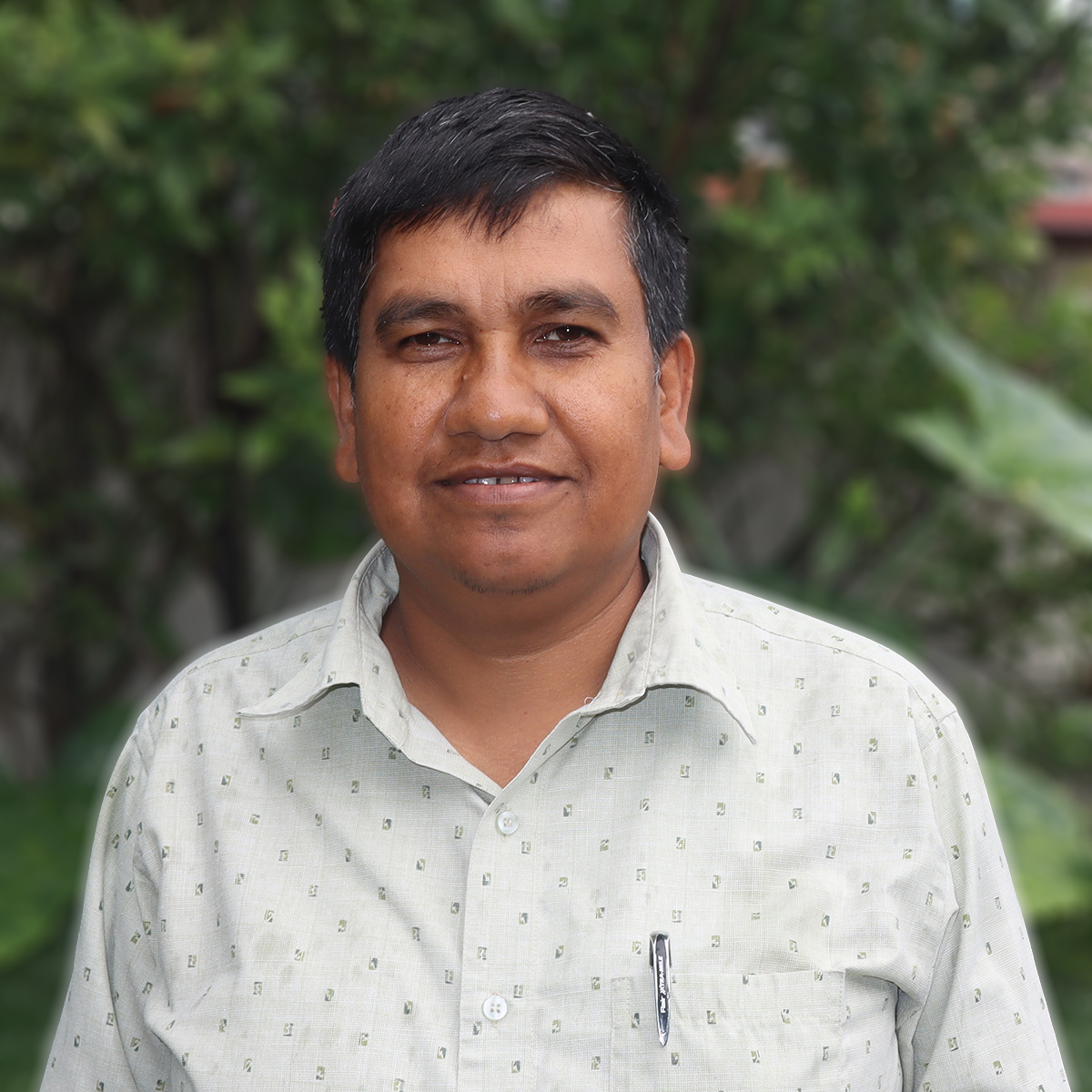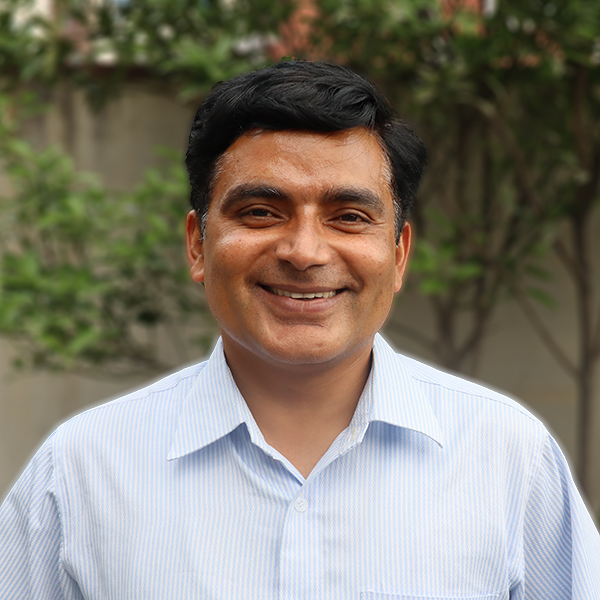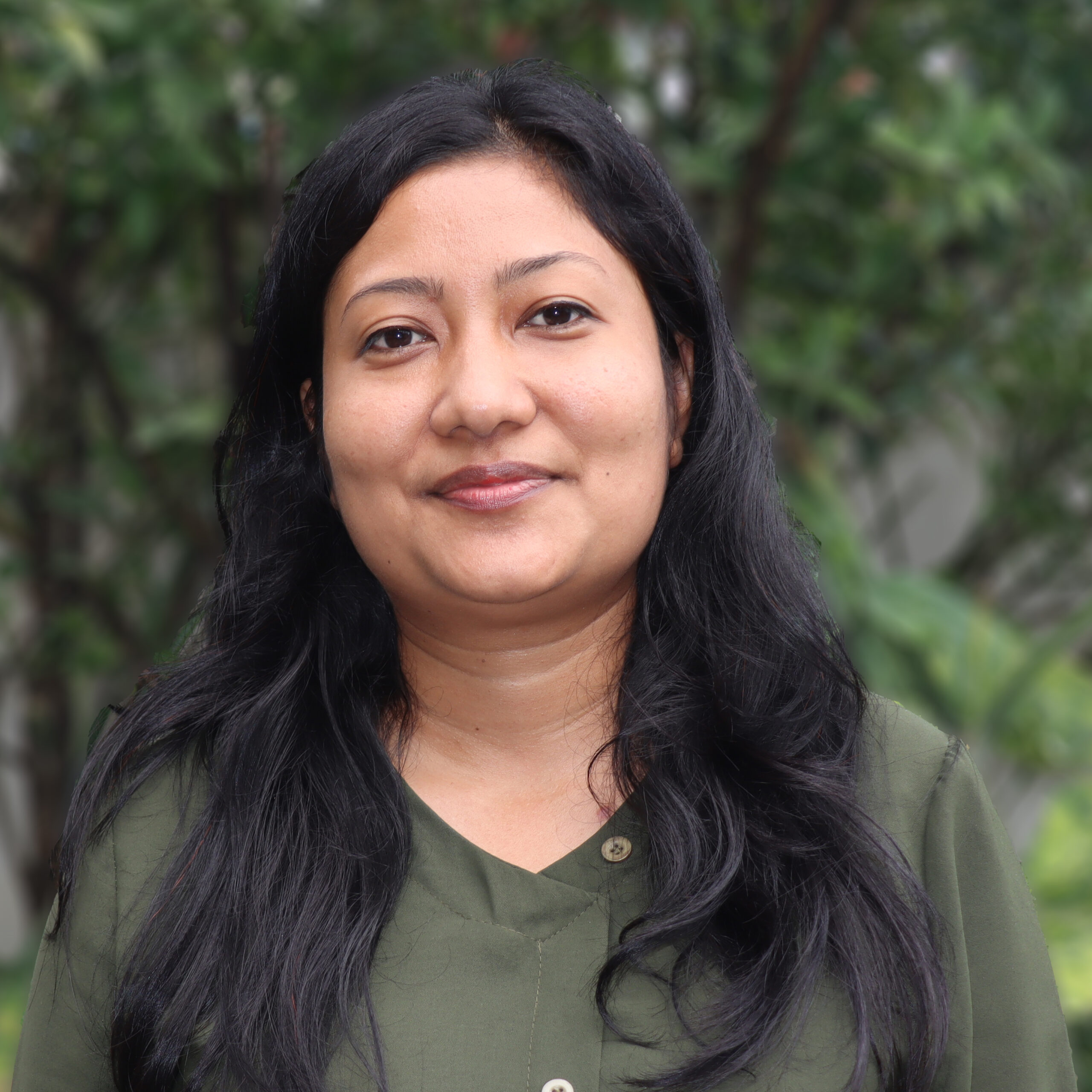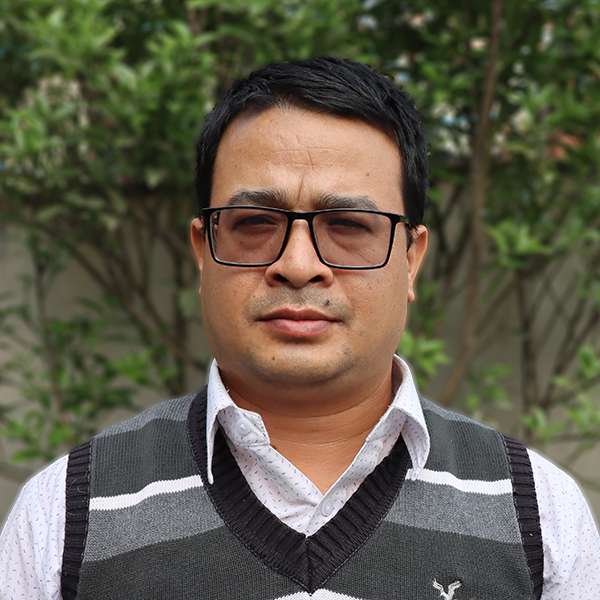Mani Ram Banjade holds PhD in Multi- level environmental governance from The Australian National University and Masters in tropical forestry from Wageningen University, The Netherlands. He has over two decades of experience in research, monitoring and evaluation, and capacity building particularly in community forestry, local governance, policy analysis, deliberative governance, inclusive development and livelihoods improvement. He has published over 30 journal articles, book chapters in English and edited books; prepared dozens of research project reports. He has worked with in Nepal and in global comparative studies based on CIFOR, Indonesia for over three years. He worked for CIFOR for four years and was involved in several research projects in Indonesia including Forest Tenure Reform and Mangrove Forest Governance. He has practical work experience of designing monitoring and evaluation systems of community forestry groups, as well as with national and sub-national forums and stakeholders in action research mode, of which reflection, evaluation and analysis are the key tasks to lead.
Banjade has over two decades of experience in developing strategic plan of research organization and recently in educational institution, and in experimenting and facilitating deliberative processes at community level and facilitating multi-stakeholder processes at the international, national and sub-national levels. He has worked with various international donors and development partners such as IDRC, DFID, SDC, UNDP and his current works include monitoring and evaluation of projects and programs of several other INGOs and NGOs working in Nepal. His role in Social Welfare Council is monitoring and evaluation of projects run by INGOs and NGOs in Nepal, designing self-monitoring system of community forestry institutions, and project evaluations. He has also been a certified trainer of Social Analysis System, trainer of participatory prospective analysis and adaptive collaborative management, currently facilitating ‘policy and practice labs’ in Nepal.

